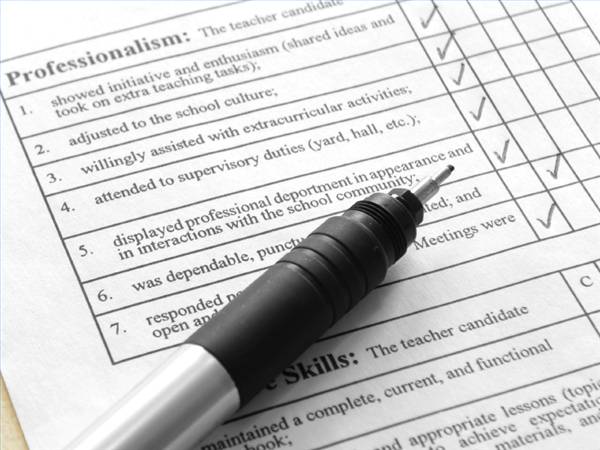How to Identify Biases in Performance Appraisals

Performance appraisal is a systemic evaluation of how well an individual employee has performed in a specified time. It basically involves the manager accessing the strengths and weaknesses of an employee and giving him a feedback based on the assessment. This performance is compared with the pre-determined organisation standards to get a better idea of whether the employee has performed productively for the company.
While carrying out performance appraisals, it is important to ensure that it is done on merit and is completely free of bias, as that could lead to flawed evaluation and therefore unfair feedback.
Instructions
-
1
One of the most important things to keep in mind during performance appraisals is that it should not be allowed to get affected by the employee’s personality conflict with the employer. If the employer is not happy with the employee because of the latter’s personality, then it is bound to make him access him negatively and under-rate his performance. The employer is also likely to undermine the employee’s contribution to the organisation. This bias due to personality conflict should be avoided.
-
2
One of the biggest mistakes that you can commit while carrying out a performance appraisal is to compare one employee’s skills and contribution with another employee. It is natural to have one employee displaying an extremely impressive performance, while another employee doing just okay. In order to have a fair appraisal, the organisation should have a set of standards that should be used to access performance of an employee.
-
3
Avoid the “Halo or Horn” effect, which involves the generalisation that if an employee is good at something, he will be good at another thing as well and if he is bad at one thing, he would be bad at another thing as well. Everyone has a set of strengths and weaknesses and therefore they are good at some things and bad at others. Consider the performance of the employee on different projects to get a better idea of how good or competent an employee is.
-
4
Performance appraisal should be conducted after a fixed pre-determined period. If the performance appraisal is performed irregularly, it may produce skewed results, which may be extremely misleading.
-
5
While appraising people, make sure you are fully aware of your own tendencies. Some people are too lenient towards others and therefore end up ranking all employees above average, while there are some people who are pretty strict and rank everyone below average.
-
6
Instead of rating an employee on how well he has performed in the past, use the most recent information about the employee’s performance and behaviour to appraise him.
-
7
Do not let political bias affect the performance appraisal process. While rating an employee’s performance, factors such as religion, gender, lifestyle choices, sexual orientation, etc. should not be considered.







